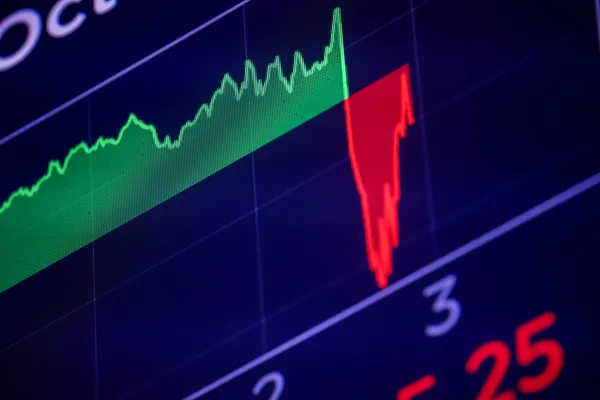
The U.S. Supreme Court's skeptical questioning of President Donald Trump's use of broad powers to impose tariffs has stirred significant uncertainty. This blog will analyze:
For over two centuries, tariffs have played a complex role in America’s economic and political landscape. The recent skepticism expressed by the Supreme Court towards President Donald Trump's tariff policies has caused a ripple of uncertainty as businesses and investors alike wait to see how this could impact trade policies and economic stability.
Facing a barrage of skeptical questions from the Supreme Court, the Trump administration's use of broad powers to impose tariffs has been thrust into the limelight. While historically, presidents have been granted significant latitude in shaping trade policy, this new development suggests that the Supreme Court may be ready to intervene.
Trade policy uncertainty can have a significant impact on the economy. It creates a challenging environment for businesses who rely on international trade, potentially affecting their strategic decisions, supply chain management, and overall profitability. Investors, too, face the risk of market volatility in response to dramatic policy shifts. For salaried employees, particularly in industries reliant on international trade, job security could become a concern.
Historically, the Supreme Court has largely refrained from intervening in tariff policies, recognizing the executive branch's broad authority in this area. However, the recent barrage of skeptical questions directed at the Trump administration may be indicative of a shift in this norm. This development could potentially redefine the role of the judiciary in trade policy.
While it is too early to gauge the long-term impacts of this development, its potential ramifications are significant. A decisive Supreme Court intervention could trigger a reevaluation of the division of powers in trade policy, potentially leading to a more balanced and predictable trade regime. However, the uncertainty surrounding this issue continues to reign, leaving businesses, investors, and employees in a state of anticipation.
As the landscape of American trade policy potentially faces a significant shift, the importance of staying informed and prepared cannot be overstated. The outcomes of this development could fundamentally alter the way businesses operate, investors invest, and how secure employees feel in their jobs. It is a stark reminder of how political developments can have far-reaching economic consequences.

 Next
Next
Comments (0)
Leave a comment